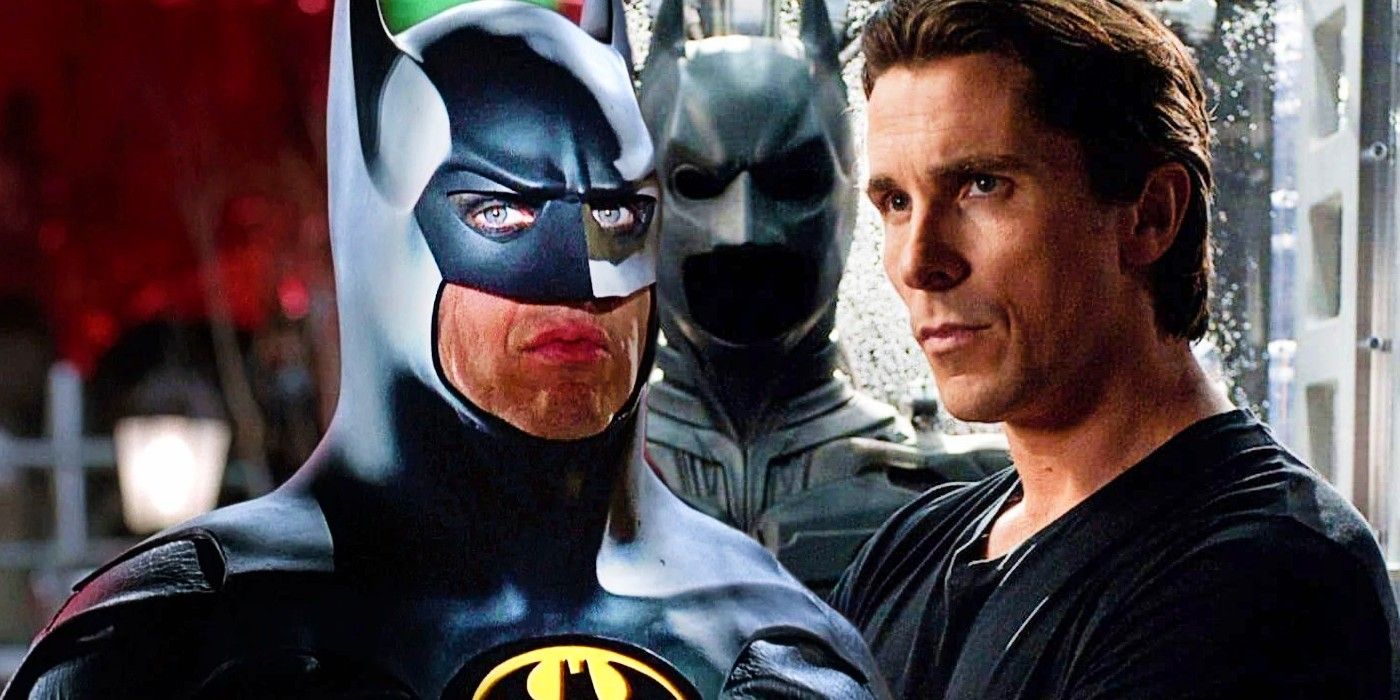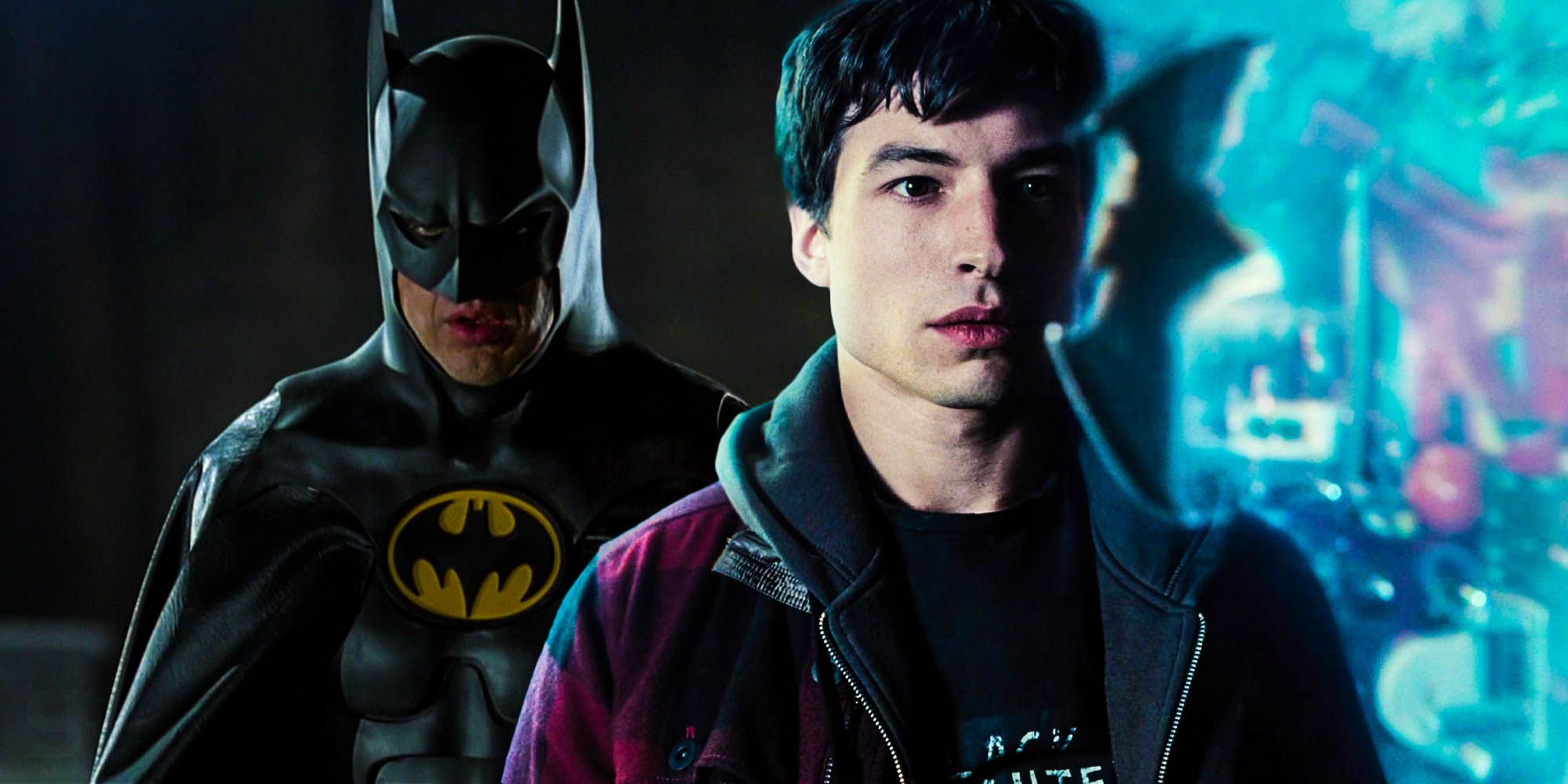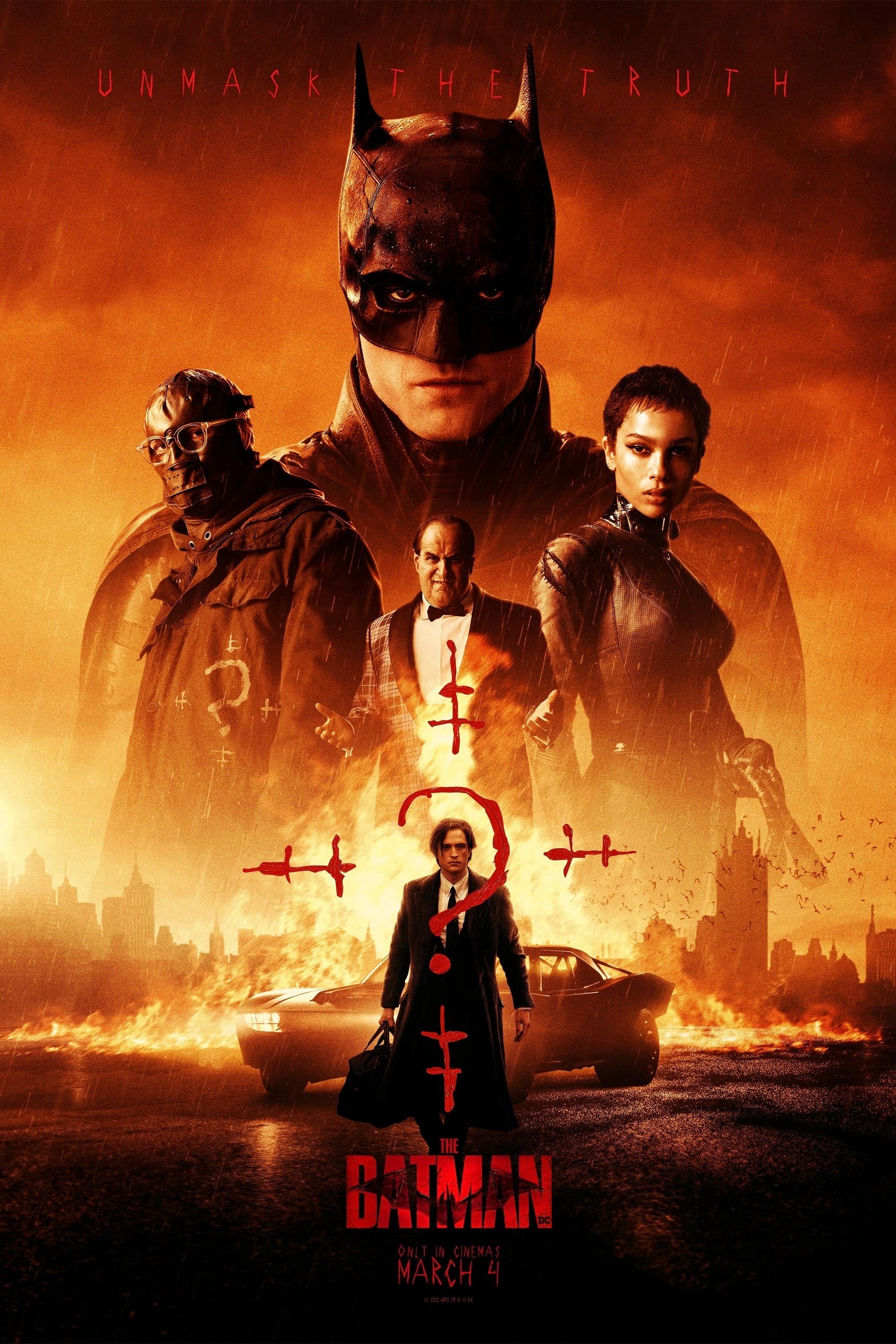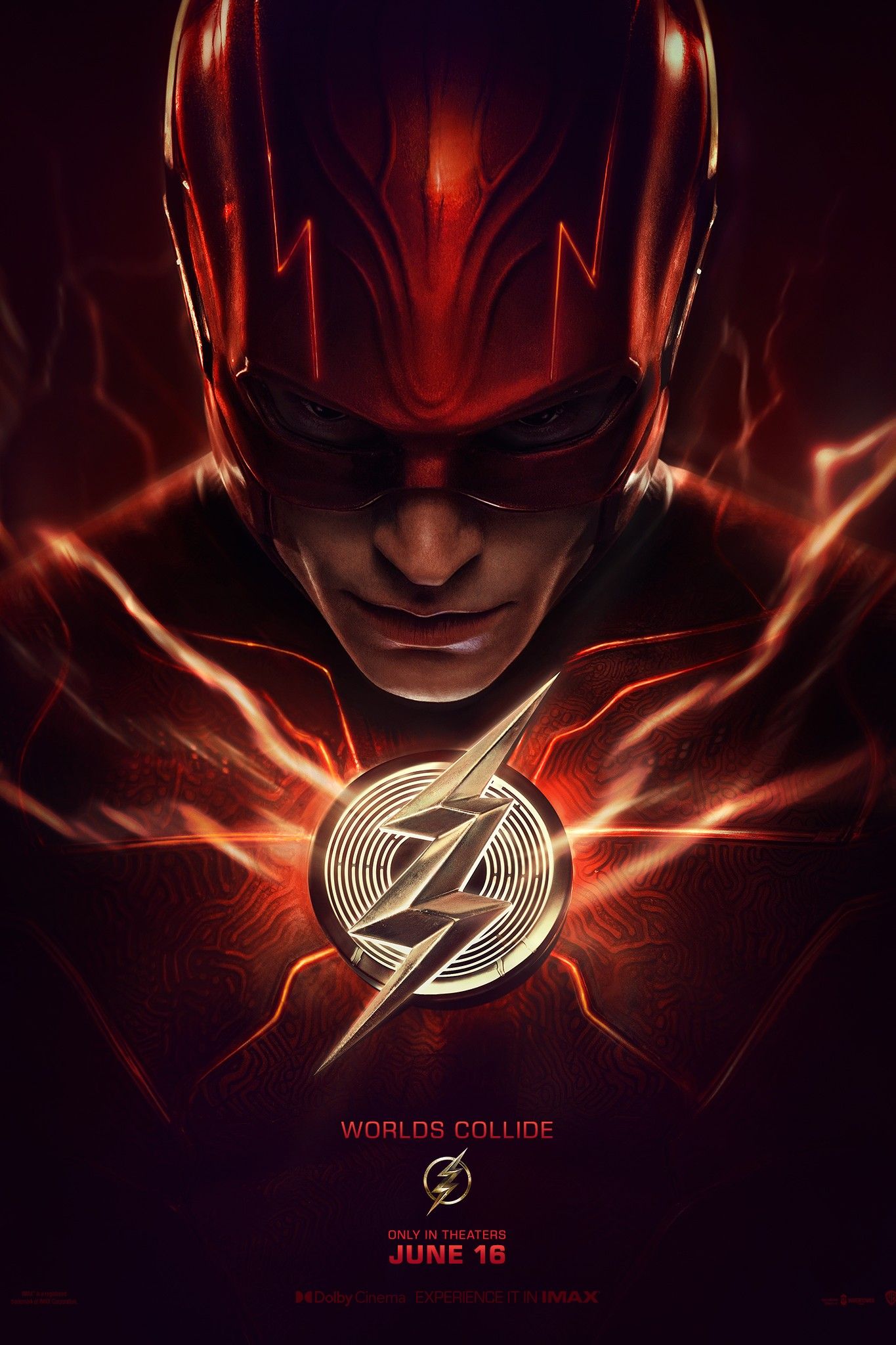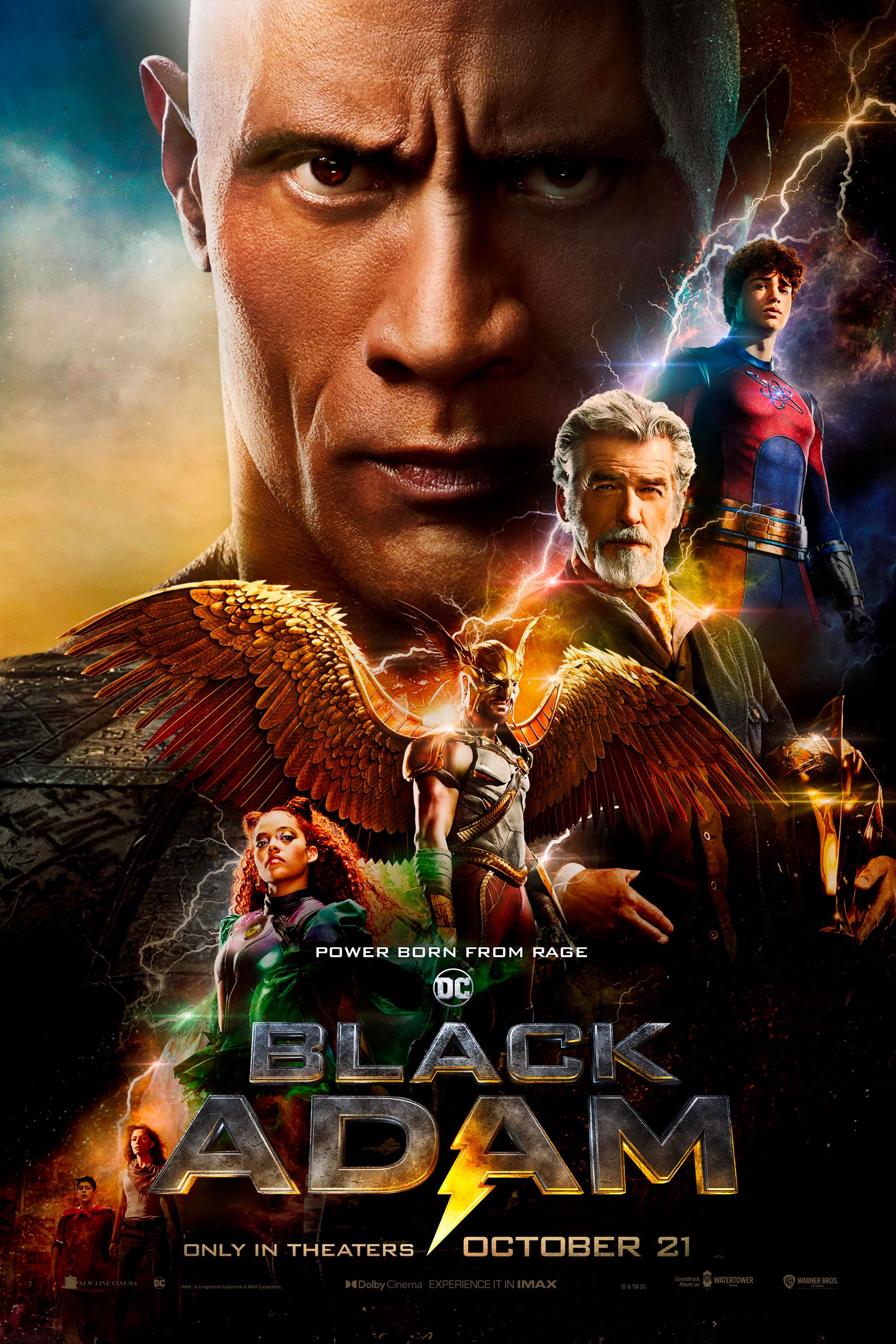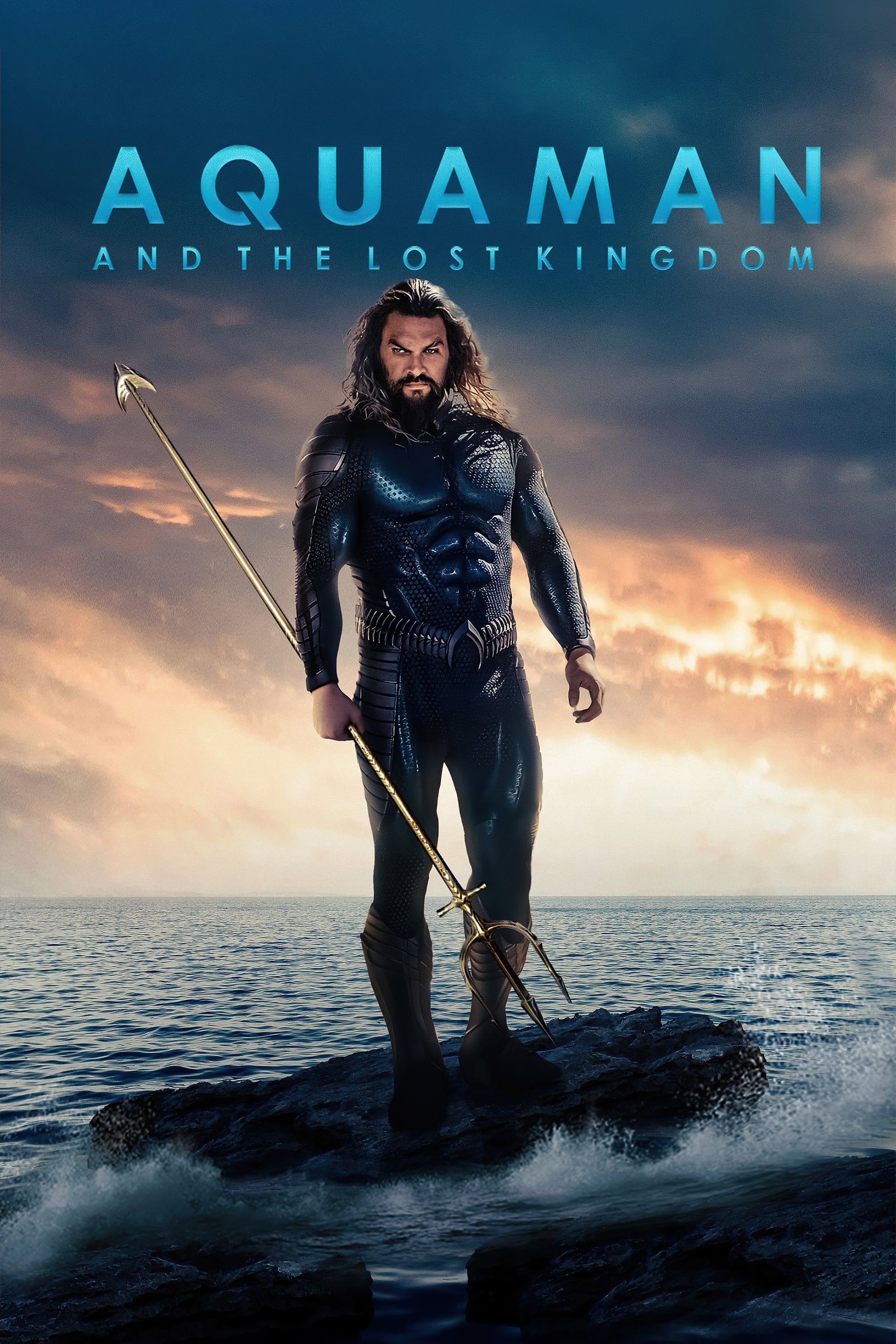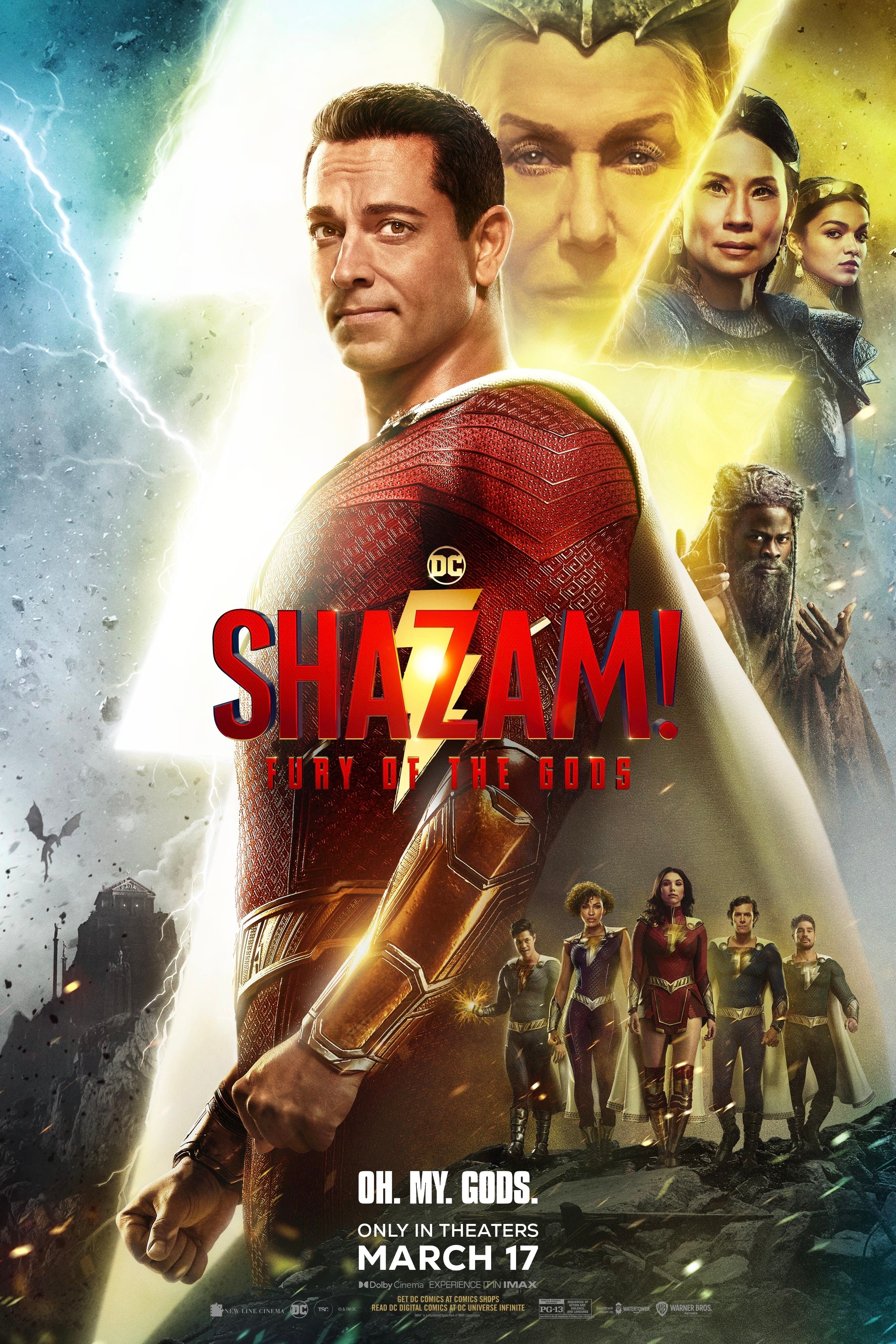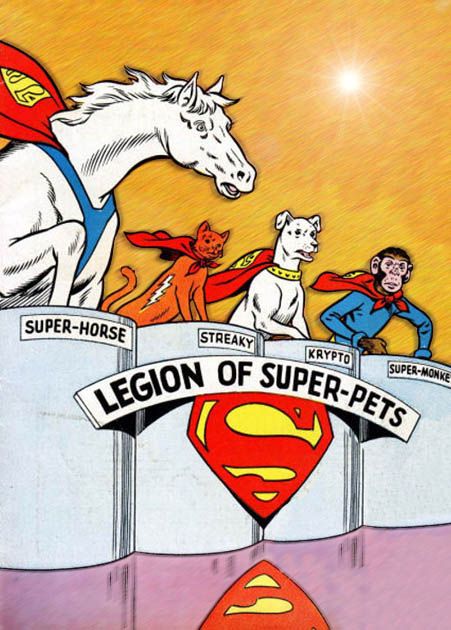Director Christopher Nolan has previously stated that his Batman trilogy can never be part of the DCEU because of the differences in style and tone; however, Michael Keaton’s return as Bruce Wayne in The Flash may prove him wrong. While gothic and stylized, 1989’s Batman was comparably grounded, original, and just as far removed from recent DCEU films as Nolan’s Batman trilogy was. Though there are many differences between the Batman universes imagined by Christopher Nolan and Tim Burton, their similarities may serve to help understand how the Dark Knight series could have worked in the DCEU.
While the DCEU was in its infancy, there were plans to pick up where Nolan’s Dark Knight trilogy left off. Despite being a producer on Man of Steel, the director was adamant about his films ending with The Dark Knight Rises. With its more realistic approach to the Batman mythos and a more self-contained Gotham City, there seemed to be no place for aliens, demigods, and metahumans in the world Nolan created. However, he wouldn’t be the first to attempt a more grounded Gotham City on the big screen.
In 1989, director Tim Burton and actor Michael Keaton created Batman. While more gothic in its visuals and extravagant in its tone, not unlike Nolan, Burton’s version of Gotham mostly lacked harder supernatural and sci-fi elements found in the comics. Like The Dark Knight trilogy, Burton created a self-contained universe. With all this in mind, if the equally far removed world of Michael Keaton's Batman can co-exist, there's no reason Nolan's Batman trilogy wouldn't have ultimately been able to fit into the DCEU.
Though drastically different in characterization and franchise tone, Barry Allen shares a lot in common with Bruce Wayne, making this blending of worlds even easier. The Flash trailer depicts Barry dealing with loss and struggling to let go of the people he loves. Meanwhile, Bruce Wayne’s character arc in most iterations is about accepting death. As actor Michael Gough asks in the infamous Batman & Robin: “For what is Batman if not an effort to master the chaos that sweeps our world? An attempt to control death, itself?” Both Barry and Bruce battle through similar struggles, in and out of their superhero aliases, especially when asked how much they’re willing to sacrifice for the people they love - even if one of them is making these decisions while using surreal powers like super-speed and changing the multiverse. When talking about tone, it’s only a matter of exploring their common ground, meaning even the darkest iterations of the Dark Knight could easily have a place alongside more light-hearted characters like the Flash, as ultimately even DC's comic relief have their own share and understanding of grief and suffering.
With the dust-covered Batcave from the trailer, it’s obvious Keaton’s Batman has been retired for some time. If this is an older and more grounded Batman, there are few better ways to restore his faith in the impossible than by quite literally seeing it through the means of Barry's abilities. Incorporating differing visions isn’t a matter of clashing tones like Nolan claims, but balancing them. There’s an interesting story to be told in a grounded world with someone who can challenge what they believe is possible, like the Flash.
Michael Keaton’s Batman returning in The Flash may prove Nolan wrong. The beautiful thing about the DC multiverse is that anything can happen. In the DCEU, multiple worlds can coexist regardless of tone or aesthetic. Perhaps in an alternate timeline, audiences are sitting down to watch the latest in a shared universe after The Dark Knight Rises ended.

